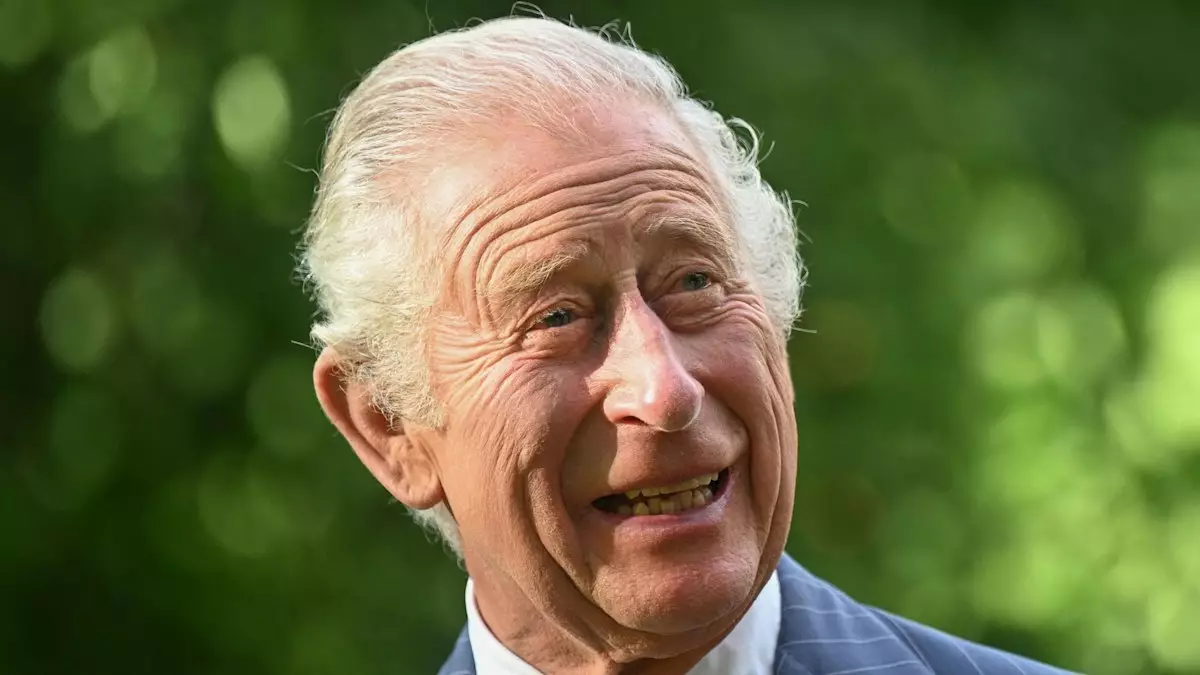King Charles III has long been an outlier within the corridors of royalty, especially when it comes to environmental advocacy and sustainable living. Decades before climate change became a household concern, Charles was already championing organic agriculture at Highgrove House, his estate in Gloucestershire. This wasn’t a mere symbolic gesture but a pioneering move that flew in the face of the conventional agricultural norms of the time. Unlike traditional farming reliant on antibiotics, pesticides, and synthetic fertilizers, organic farming limits these potentially harmful substances. When Charles began advocating for this approach nearly 40 years ago, his views were met with skepticism and even derision by experts and the public alike. The accusation that he was “a complete idiot” for promoting organic methods reflects how far ahead of his time he truly was.
The significance of his early commitment cannot be overstated. While the Home Farm lease eventually was not renewed in 2020, Charles continued organic practices on his Sandringham estate and inspired broader transformation within British agriculture. Today, organic farming enjoys much greater acceptance, with growing demand for environmentally responsible methods internationally. Charles’s personal example helped normalize sustainable farming practices at a crucial juncture in environmental awareness.
Environmental Advocacy Across Decades
Charles’s environmental consciousness extends far beyond the boundaries of his estates. Remarkably, at 21 years old, he delivered a groundbreaking speech warning about the dangers of plastic pollution and chemical contamination in natural waterways. This early activism highlighted issues only now receiving mainstream attention and resulted from his deep-seated understanding of humanity’s destructive impact on nature. Despite such foresight, many dismissed his warnings as eccentric or misguided, a recurrent theme throughout his environmental crusade.
One emblematic moment was his installation of a reed-bed sewage treatment system at Highgrove, an innovative ecological technology far ahead of its time. Initially branded “mad,” this project exemplified Charles’s willingness to embrace unconventional solutions that prioritize nature’s cycles over human convenience. His persistence in advocating these measures demonstrated a rare blend of vision coupled with practical implementation, underscoring a hands-on commitment rarely seen among public figures.
Innovating Sustainable Living in Everyday Life
King Charles has consistently sought to fuse his ecological principles with modern innovation. His decision to retrofit his Aston Martin to run on biofuel made from English white wine and leftover whey from cheese production is a telling example of his inventive approach to sustainability. This choice reflects a desire not to sacrifice comfort or utility but to reimagine luxury living through an environmentally harmonious lens.
More recently, his adoption of an electric BMW to travel within his Sandringham estate underscores an evolution: from experimental to mainstream green technology. The car’s impressive range and cost signal Charles’s commitment to leading by example in embracing zero-emission transport, aligning with global efforts to reduce carbon footprints in all sectors.
Reimagining Our Relationship with Nature
Perhaps even more fascinating is Charles’s long-standing belief in the sentience and communication abilities of plants, a notion that many dismissed as eccentric or even mystical. His public admissions about talking to plants and trees, initially met with ridicule, have ironically found resonance in contemporary scientific research. Modern studies, popularized in media such as the BBC’s “The Green Planet,” reveal that plants indeed engage in complex interactions, both competitive and collaborative.
This vindication of Charles’s intuition speaks to his broader philosophy: humans must cultivate a respectful and empathetic relationship with the natural world rather than dominate it. His gardening rituals are more than quaint eccentricities; they illustrate a profound worldview where listening—to the earth, plants, and ecosystems—is essential to healing a planet under siege.
A Legacy of Courageous Leadership
King Charles’s environmental vision is marked not only by innovative practices but also by considerable personal courage. To endure widespread skepticism and ridicule over multiple decades without backing down testifies to an unwavering dedication to causes that now appear urgent and obvious. His role transcends that of a mere figurehead; he actively embodies a model of leadership that prioritizes the planet’s health over short-term popularity or status quo comfort.
In a world where environmental concerns are often politicized or sidelined, Charles’s steadfast advocacy provides a vital example of how one individual’s principled stance can spearhead transformative change—not by following trends, but by setting them. His legacy challenges institutions and individuals alike to reconsider their relationship with the environment, urging a transition from passive acknowledgment to active stewardship.

